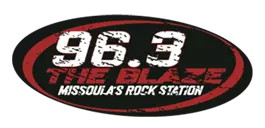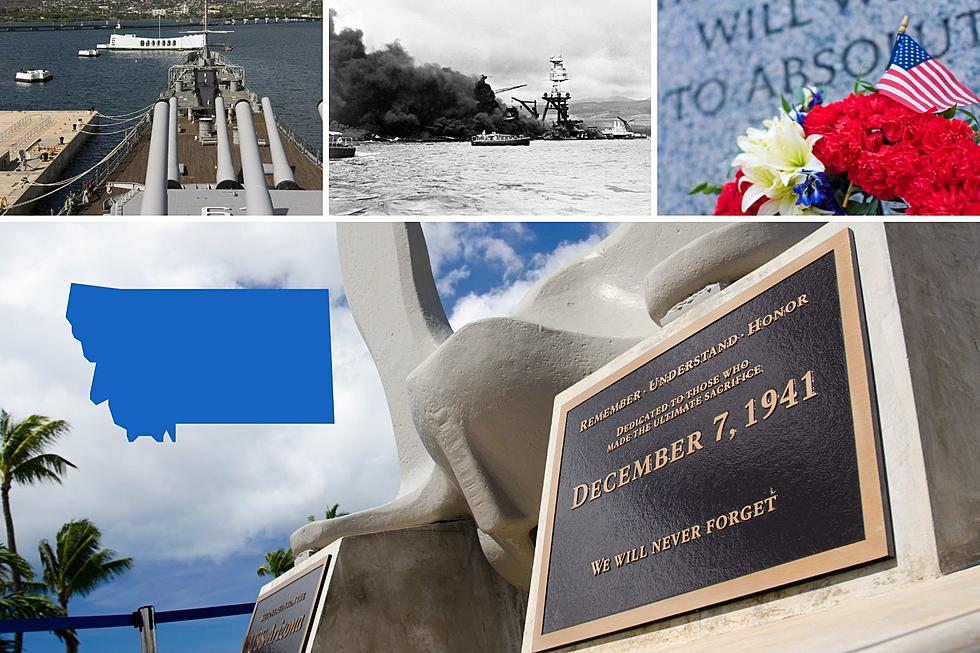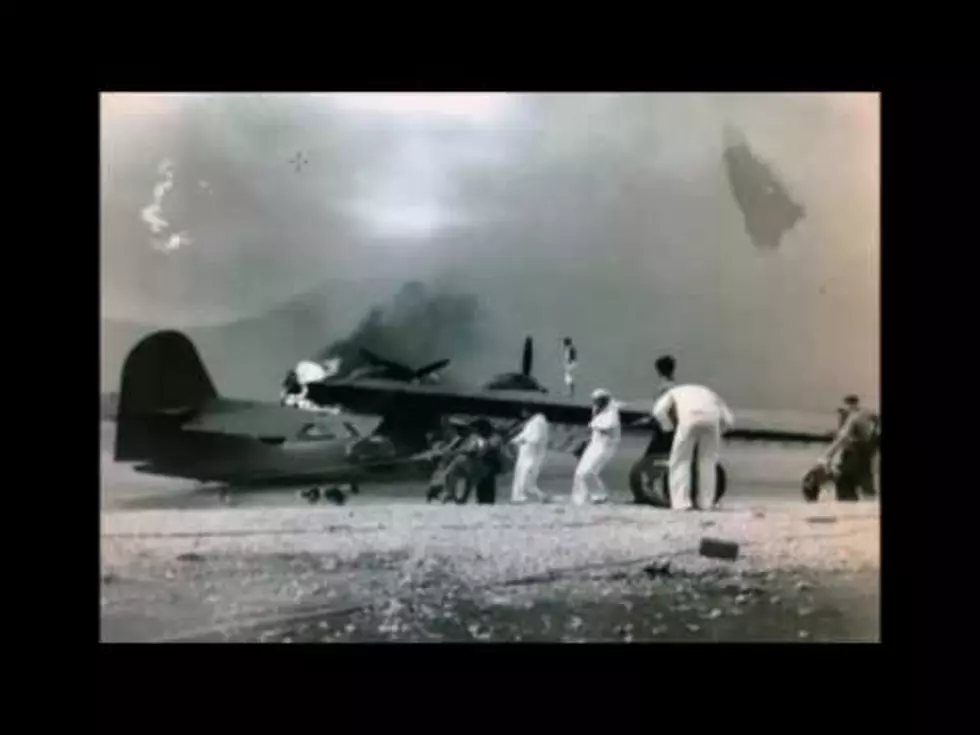Pearl Harbor Survivor From Anaconda Vividly Remembers December 7, 1941
Anaconda’s 92 year-old Charlie Dowd remembers December 7, 1941 like it was yesterday.
The then 17 year-old Radio Man Third Class Naval Petty Officer had just returned to his barracks after a 12 hour shift on Ford Island when the Japanese attacked the Pearl Harbor naval and air base.
“I had just climbed into my bunk and all I had on was a tee shirt and my underwear,” Dowd began. “I had just pulled the sheet over me when all of a sudden BOOM BOOM, the whole placed was rocked by a horrible explosion. I ran to the window and looked out on the airfield just in time to see a PBY hangar rise up in the air in a big ball of flame. I saw a lot of planes in the air, so I pulled on my pants and my shoes and climbed under a big oak table where I ran into a friend of mine, Sam Jensen. The place was rocking with bombs and the windows were all shattered.”
Dowd said he knew right away where the attack came from.
“I could see the planes from the window with the rising sun on them, so we knew they were Japanese,” he said. “We ran across to the armory near the administration building and the place was just full of planes that were dropping bombs and chattering with their machine guns. The armory gave us each a Springfield 03 30-06 rifle and several bandoleers of ammunition, so we went up on the roof of the building, so we could get good shots at them, and that’s what we did during the whole battle of Pearl Harbor.”
Dowd related how he was injured during the attack.
“The USS California was real close to us and I got flash burns from her being hit by bombs and burning, Dowd continued. “When it was finally over, the whole place was a wreck. Our whole navy was destroyed there, it seemed. They put bandages and salve on my arms and hands and neck, and I couldn’t even feel them until after it was all over, the adrenaline was running so high, and that was what happened to me at Pearl Harbor.”
Dowd said he spent rest of the war serving on ships down through the South Pacific.
“We were in the Solomon Islands, Guadalcanal, and had a lot of action down there,” he said. “Went through the whole Pacific war and came out in pretty good shape.”
Dowd married his high school sweetheart and had a son exactly nine months after returning home. His son is now a commander in the U.S. Navy. Dowd eventually moved to the Anaconda area from Florida because he loved to hunt, fish and enjoy the outdoors, and he resides there today.
Historian Stan Cohen, executive director of the Museum of Mountain Flying, graciously provided photos from the attack on Pearl Harbor from his collection. Cohen has conducted countless interviews with survivors of Pearl Harbor over the years, and was struck by the fact that the majority of the survivors bear no ill will towards the Japanese attackers.
"When I went to the 50th anniversary at Pearl Harbor we had three or four of the original Japanese pilots that actually bombed Pearl Harbor, and in one regard, they were like rock stars," Cohen said. "I got my picture taken with two or three of them. Everybody wanted to get around them and get their picture taken and get autographs. Things had just changed so much in 75 years, especially with guys that were in their teens or early 20's in 1941, as far as animosity goes, and it's the same way with the Germans, too."
2,403 Americans were killed at Pearl Harbor, with 1,1178 wounded. Eighteen ships were sunk or run aground, including five battleships. All of the Americans killed or wounded during the attack were non-combatants, given the fact there was no state of war when the attack occurred.
As President Franklin Delano Roosevelt said in his address to the nation. 'December 7th, 1941, a date that will live in infamy.'




